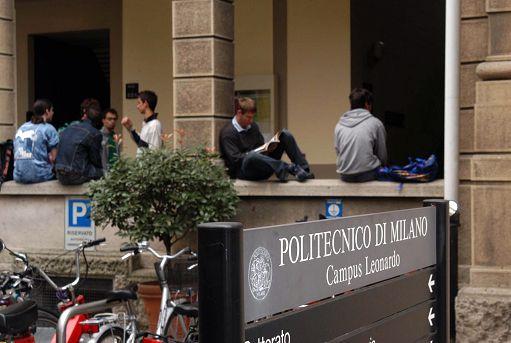words by Gabi Logan
Should university courses take place in English? A roundtable of linguists, government officials, and prominent educators from both Italian and foreign universities examined this newly urgent question at the Accademia della Crusca in Florence late last month.
The Polytechnic Institute of Milan announced in mid-April that all courses for students in two-year specialist and doctoral degree programs will be held exclusively in English starting in 2014. To effect this change, the Polytechnic will invest 3.2 million euros, budgeted primarily to hire more than 150 visiting professors and post-docs.
According to Giovanni Azzone, Chancellor of the Polytechnic, “if the national university system can’t offer a “global” education, it risks not only failing to attract foreign students, but also losing the Italian students who are most motivated and open to the world. The country simply cannot permit this.”. Francesco Profumo, the Minister of Education, has heartily backed the Polytechnic’s move in interviews.
Corriere della Sera has so far hosted the debate over the place of English in the Italian educational system with essays from Azzone, arguing for globalization and Tullio Gregory arguing against it. Both were present for the Crusca’s roundtable, which was preceded by a book presentation from Francesco Sabatini defending the role of Italian in the modern economy.
Proponents argue that Italy cannot compete in the global education market without internationalizing and that Italian academics publishing and lecturing solely in Italian are forced to miss out on international recognition and collaboration.
Detractors maintain that Italian proficiency is already on the decline and such a move would create a gap between those educated before and after the linguistic split. Emphasizing English education also appears to encourage STEM (science, technology, engineering, and mathematics) studies over the humanities, including classics, literature, philosophy and history, in which Italian academics already occupy a prominent position.
The roundtable at the Crusca is meant to be the first of many events exploring this question, and the institution plans to play a leading role in hosting the debate. Their website maintains a list of articles published in Italy on this topic.













